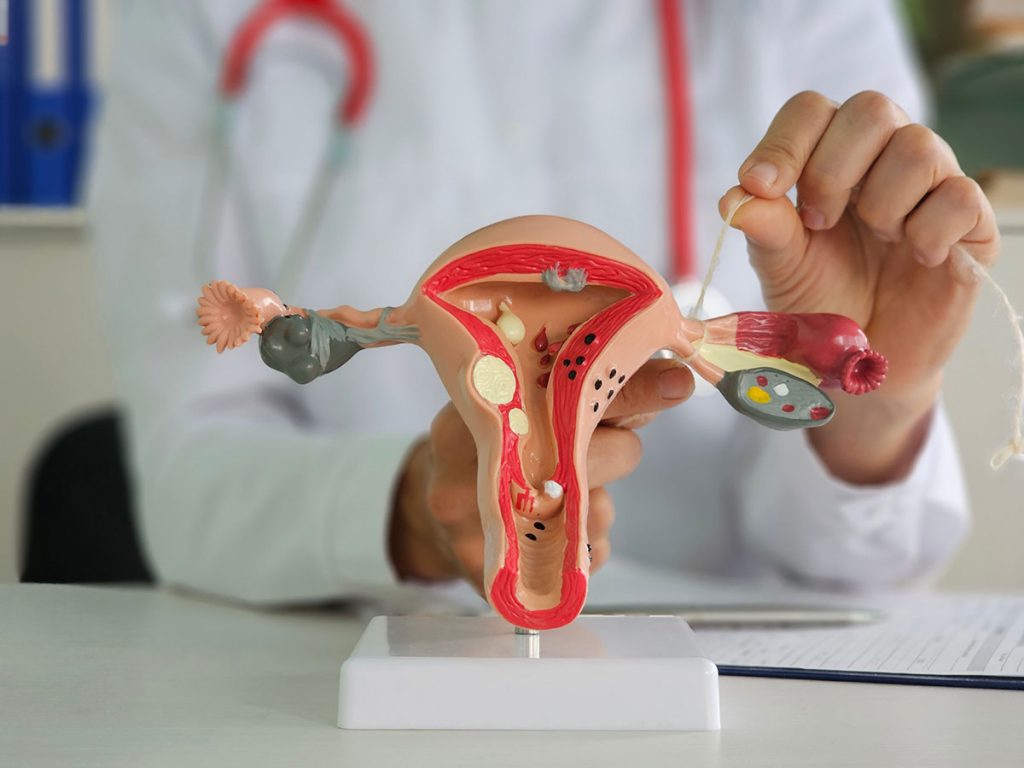Laparoscopic Bilateral Tubal ligation is a surgical procedure that creates permanent contraception, or sterilization. It is commonly referred to as having your “tubes tied” and permanently prevents pregnancy. The surgery removes your fallopian tubes, preventing sperm from meeting egg, effectively preventing pregnancy. Bilateral means the procedure is being done to both fallopian tubes. Laparoscopic surgery is a minimally invasive surgery technique that only uses a few small incisions in your lower abdomen.


This procedure is done to permanently prevent pregnancy. Tubal ligation cannot be reversed. Because of this, it is important that you choose tubal ligation surgery only if you are sure you will not want to become pregnant in the future.
Individuals should discuss their reasons for wanting the procedure with their healthcare provider to ensure it’s the right choice for them. At CHOICES, you will meet with both a provider and a licensed social worker to review all available birth control options and confirm that a tubal ligation is the best option for you.
Women may choose to have a tubal ligation for various reasons, including:
Before surgery begins, you will be given anesthesia to sleep. A laparoscope – a thin tube with a camera on the end – is inserted into the abdomen, usually at the sight of your navel, through a small incision. Two additional small incisions (<1cm) will be made in your abdomen. Air will be used in the abdomen to create more space between your abdominal wall and internal organs. Surgical instruments will be used to remove the fallopian tubes.
This procedure has a small risk of:
After the procedure, it is normal for your navel area and abdomen to be sore and possibly bruised. Your shoulders and back may hurt from the gas placed in your abdomen during the procedure. Also, it is normal for the anesthesia to sometimes make you feel weak and nauseous. You may have some vaginal discharge or spotting after surgery.
The incisions in your abdomen will be closed with skin adhesive or stitches and may be covered with Band-Aids. If you have bandages, they can be removed 24 hours after surgery, and the adhesive or stitches will dissolve on their own. If you have small bandage trips on your incisions, leave them on and they will fall off on their own. If they do not fall off, you can remove them seven days after your procedure. Do not soak your incisions in the bathtub or go swimming. You may shower, but do not rub your incisions.
The first week after surgery, you may feel more tired than usual. Take it easy this first week, and then gradually increase your activity level with short walks and light activity. Sexual activity can resume when you feel comfortable.
Our team of board-certified medical professionals and support staff offer safe, trusted, comprehensive care and services at the highest level. Our state-of-the-art facility is located in the heart of Jamaica Queens, NY.
Schedule an appointment with CHOICES today.